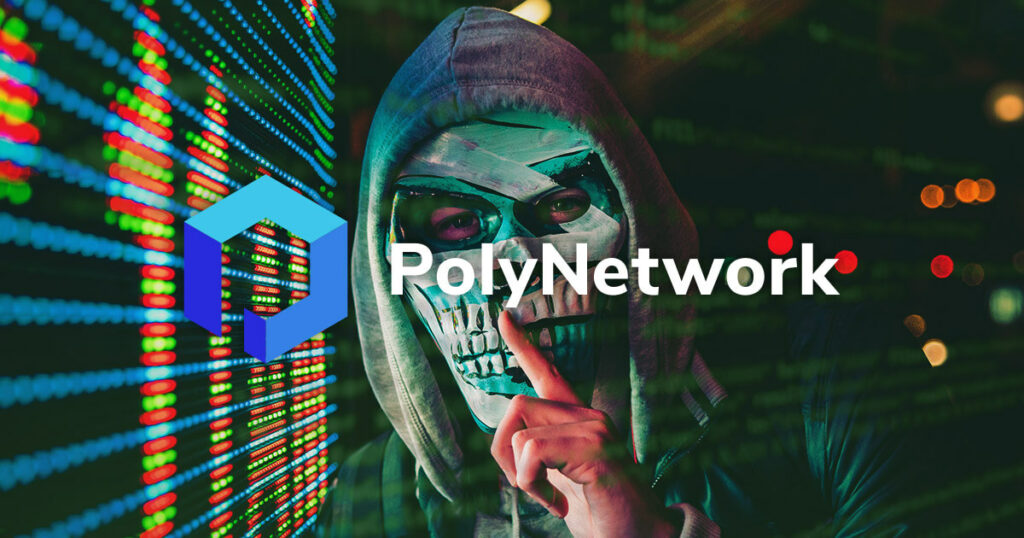Tuesday morning marked one of the biggest cryptocurrency heists in history. Poly Network, a decentralized finance platform (DeFi), reported that it had been attacked, and more than $600 million cryptocurrency tokens belonging to “tens of thousands” of users have been looted.
The hacker who stole more than $600 million in tokens from blockchain-based platform Poly Network began sending back the stolen funds on Wednesday.
This was an unusual plot twist on one of the largest cryptocurrency heists in history. The returning of the tokens came after a slew of cryptocurrency experts and businesses vowed to track the hacker’s crypto wallet on the blockchain and help retrieve the assets.
In a series of tweets directed at the hacker, Poly Network urged them to return the assets to three cryptocurrency wallet addresses. They alleged that the money that has been taken belonged to “tens of thousands of crypto community members.”
In another tweet, The DeFi platform said: “After preliminary investigation, we located the cause of the vulnerability.” Adding that “The hacker exploited a vulnerability between contract calls, the exploit was not caused by the single keeper as rumored.”
The suspected hacker has been sending notes with his transactions, one of which said: “Just dumped all assets on [blockchains] BSC & Polygon. Hacking for Good, I did save the project.”
Poly Networks urged cryptocurrency exchanges and miners not to accept any transaction from the wallets controlled by the alleged hacker.
This whole ordeal leads us to sit down and think more carefully about our online safety. If a hacker is able to coerce his way into the data of a huge company like Poly Network, then it would be a piece of cake for anyone to hack through our confidential information as well.
How Could You Protect Yourself from Getting Hacked?
Hackers and cybercriminals usually target login information, passwords, and bank information when attacking a device or a network. This information is concerning considering that almost all of our transactions nowadays are done online.
That is why it is extremely important for us to use software that would help protect our confidential information from online theft and attacks.
The best way to keep our information and devices safe is to use a Virtual Private Network or VPN. That is because a VPN encrypts your data and secures your online connection.
According to a VPN statistic, one-third of internet users around the globe are using VPN.
Could a VPN protect you on a public network?
Yes, it can.
It is common knowledge that WiFi is less secure than a cable connection. This is because WiFi works on radio waves which means anyone can easily join your network and track your online activity. They do this by catching signals as they move from your device to the router.
This makes it easy for them to inject malware on your device through a public network. However, because a VPN encrypts all your data, it becomes unreadable and useless to any cyber-attacker.
Could a VPN protect you on your home network?
Again, yes, it can. Not only will it protect your PC, but it will also secure your smart home devices, like smart assistants (e.g., Amazob’s Alexa), smart TV, and more.
A hacker accesses your data through your IP address. However, if they don’t know your IP address, they will not be able to hack your information.
That is what a VPN exists for that main purpose. A Virtual Private Network masks your IP address so that you aren’t trackable and so that you can access content in other locations.
But you must be using one of the best VPN on the market to ensure that it is doing the job well. Only a trusted VPN protects your data and keeps it from being sold to your ISP (Internet Service Provider) and your local government. You can check out a full feature to feature comparison between namecheap vpn vs nordvpn. Which considered by many, to be the top VPN services in the past few years in terms of server locations, number of servers, and the quality of servers and encryption. You can also consider Private Internet Access if you’re running on a low-budget.
